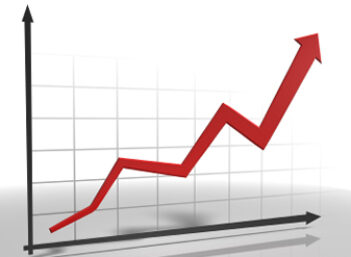What is a Weak Currency?
A weak currency is a currency that is going down in value.
How Does a Weak Currency Work?
A currency's value fluctuates all the time. Sometimes you can buy more with a certain amount of currency, and sometimes you can buy less.
For example, if you needed 100 dollar bills to buy a gold coin yesterday, but today you need 110 dollar bills, the dollar is a weakening currency.
Currency value is relative. A country with a strong economy tends to have a strong currency.
It helps to remember that currency is a commodity, like orange juice or pork bellies. When you exchange your dollars for Yen, for example, you're 'selling' your dollars and 'buying' Yen the same way you would be if you were 'selling' your dollars and 'buying' orange juice.
Currency, like every asset, is ruled by supply and demand. When demand for something goes up, the price goes up, too. So in our case, if everybody is trying to 'buy' Yen (that is, convert their currencies into Yen), the price of Yen is going to go up and Yen will be described as a strong currency. Since the price for Yen is going up, you need more dollars to 'buy' the same amount of Yen. Yen is the strong currency, and the dollar is the weak currency.
Why Does a Weak Currency Matter?
For everyday items -- think clothes, electronics and auto parts -- if it's cheaper to buy imports, people usually will. So, as you can guess, when the dollar weakens (that is, when American-made stuff gets relatively cheaper), American exports tend to increase. The opposite is also true -- when the value of the dollar rises, American-made products are harder for U.S. exporters to sell overseas.
Currencies are always fluctuating relative to each other, and some investors trade currencies like others trade stocks. If you can figure out what will make the price of a particular currency weaken, you're in a position to make a lot of money.
Demand for a country's currency is based on a complex combination of factors, including interest rates, GDP growth, trade sanctions, tariffs, demographics and political strife, among others.



